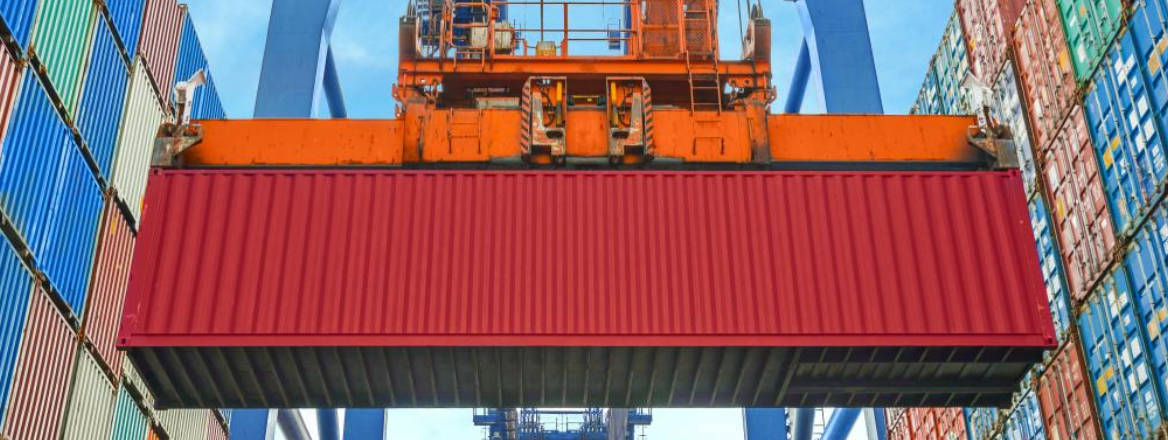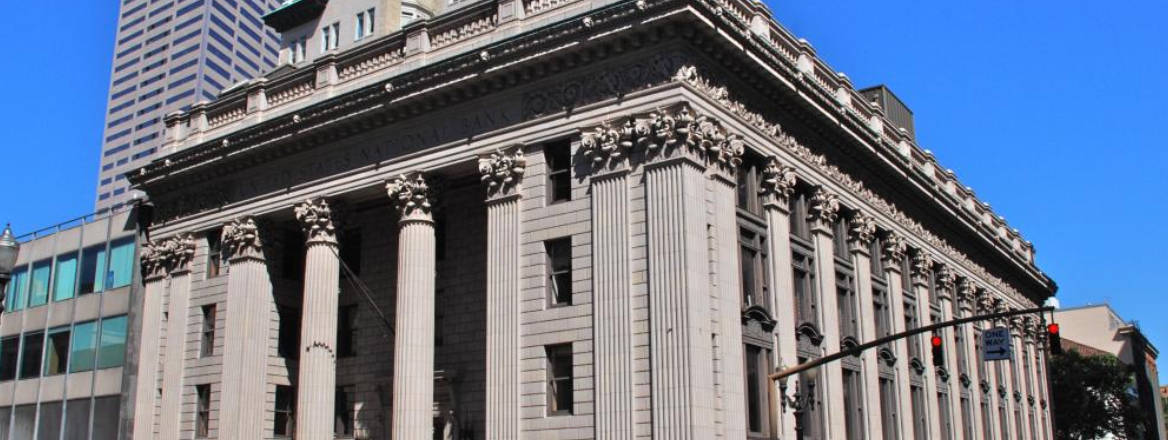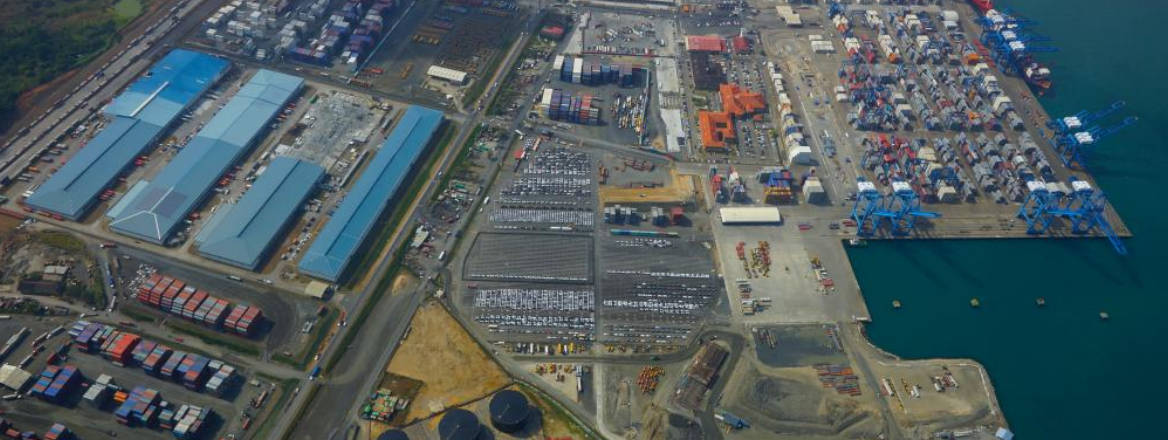Free Trade Zones and Financial Crime – A Faustian Bargain?
To safeguard free trade zones from criminal activities, national authorities and zone administrators must feel the pressure to do the right thing.
This is the final instalment in a four-part series of Commentaries by RUSI researchers and guest contributors on the challenges of combatting illicit trade and money laundering in free trade zones.
Free trade zones (FTZs) present both opportunities and challenges for globalised trade. At their best, they facilitate frictionless trade and manufacturing, creating jobs and economic growth for local communities. At their worst, they enable illicit trade and the laundering of criminal proceeds. In this article, the authors examine how the integrity of FTZs could be improved by implementing existing and emerging initiatives and highlight where new thinking is required to raise global standards to protect against crime.
Who Does What?
There are two primary reasons why FTZs fall victim to criminal exploitation: weaknesses in governance and weaknesses in information sharing-procedures.
FTZs are typically governed by private companies or public-private partnerships that have gained a licence to operate the zone. These administrators run the FTZ according to internal policies and regulations, but the extent to which they are expected by their governments to enforce other laws and national regulations is sometimes woefully unclear.
The Revised Kyoto Convention on the simplification and harmonisation of customs procedures defines Free Zones as part of a country’s territory ‘where any goods introduced are generally regarded, insofar as import duties and taxes are concerned, as being outside the Customs territory’ . Yet despite the clarification from standard setters such as the World Customs Organization (WCO) that this should not affect the applicability of other laws, including those against money laundering and terrorist financing, the implementation and enforcement of these laws in FTZs often fall victim to the overarching objective of facilitating trade.
In the apparent absence of effective state regulation in some countries, several voluntary initiatives have been proposed to strengthen governance frameworks and controls. The Business Action to Stop Counterfeiting and Piracy , for example, advocates for the application of the WCO’s SAFE Framework of Standards to Secure and Facilitate Global Trade in FTZs. While the SAFE Framework does not explicitly refer to FTZs, it contains an already established set of global recommendations designed to strengthen the effectiveness of customs controls, with emphasis on the threat posed by terrorism and organised crime across all international trade. As of November 2019, 171 states had signalled their intention to apply the SAFE Framework, although the implementation of these standards cannot happen overnight and it remains unclear how many signatories will apply the recommended principles in FTZs.
The OECD has also worked hard to strengthen the governance of FTZs. In October 2019, the OECD Council formally adopted a Recommendation which provides a series of commitments to be taken at the state level to enhance the transparency of FTZs whilst not dissuading trade. Among other things, it reaffirms the need for law enforcement and customs to have direct oversight of trade conducted within an FTZ and stipulates that the administrators and businesses who operate within them must be made aware of their legal obligations.
In this vein, the OECD has also created a Code of Conduct for Clean Free Trade Zones, which accompanies the October 2019 Recommendation. This Code lays out a series of conditions that administrators must meet in order to be deemed a ‘Clean Free Trade Zone’. This places an emphasis on the necessity that both the state and the administrator take responsibility in ensuring an FTZ is properly governed.
More Transparency, More communication
In addition to bolstering the overall governance standards of FTZs, there is more work to be done on establishing basic protocols for the formal and regular sharing of information between FTZ administrators and the national authorities responsible for regulating those zones. At present, robust information sharing relationships at the national level remain limited, with very few – if any – public cases of good practice to draw from.
Improving information sharing between FTZ administrators and domestic authorities is an essential process in creating a more secure trading environment, primarily because such data is a pre-requisite for customs’ ability to effectively fulfil their security mandate through targeted inspections and other risk-based procedures. For this reason, as early as 2013, the International Chamber of Commerce recommended the integration of customs into automated systems run by FTZ administrators. Likewise, the OECD Code of Conduct also stresses the need to maintain updated digital records of all transactions and share this data with the competent national authority in a timely manner. Promisingly, in accordance with the Recommendation, the OECD will establish a mechanism to monitor the performance and compliance with the Recommendation and Code of Conduct.
Recognising the importance of international information sharing in countering illicit trade and trade-based money laundering (TBML) more specifically, the US Department of Homeland Security has promoted the establishment of Trade Transparency Units (TTUs). TTUs are state institutions that share high-level national trade data with other countries, enabling analysts to ‘see both sides of a trade transaction’ and identify potential anomalies indicative of TBML. Panama and several other South American countries have also established TTUs of their own, with information sharing typically happening on the basis of pre-existing customs mutual assistance agreements.
More ambitious proposals that could be applied to FTZs have taken ‘ecosystem’ approach to information sharing to tackle illicit trade. The Bankers Association for Finance and Trade has suggested information-sharing must move beyond customs and FTZ administrators and encompass law enforcement, Financial Intelligence Units, financial institutions, customs agencies, shipping companies and other stakeholders with access to relevant information.
This proposal draws attention to the useful data that is held by non-anti-money laundering/counter-terrorist finance-regulated companies, such as shipping lines and freight forwarders. Engaging with them and harnessing their intelligence potential represents a new horizon for suppressing TBML and illicit trade, an approach that is highly relevant to FTZs, where the private sector has greater oversight of the zone than customs in most cases.
Sugaring the Pill
With these initiatives in place, the current task is to ensure their proper enforcement on the ground. The biggest challenge is political, namely whether the aspirations of international organisations, such as the OECD and WCO, will survive the almost inevitable collision with the domestic imperative of attracting trade and economic growth. After all, for most state authorities, the current UK government included, FTZs are seen as a way to inject investment and trade into an often-depressed area, not to further the integrity of global trade. And in this particular Faustian bargain, where FTZs primarily facilitate the transhipment of goods en route to their final destinations, it is other countries that typically pay the price.
As outlined in this series’ second commentary, the prevention of illicit trade and TBML is all about incentives. So what can international policymakers do about those countries where governments still feel little incentive to invest in the policing of their FTZs or even introduce basic transparency standards?
Two strands of action, which have both proved useful in other contexts, could help breathe new life into the implementation of FTZ-related standards. These are the naming and shaming of non-compliant countries or FTZs (think of the OECD Anti-Bribery Convention peer review mechanism, or the Financial Action Task Force mutual evaluations); and the imposition of economic sanctions against the worst abusers. This is something that the OECD or WCO cannot do, but individual member states can.
In an ideal world, such coercive pressure would not be necessary, and enhancing transparency standards in a given FTZs would both benefit its reputation and attract more business as a result. Is this wishful thinking? As more governments and FTZ administrators focus their attention on illicit trade, we may find out the answer; Panama, for example, was commended in October by the Financial Action Task Force for producing a sectoral free zone risk assessment.
There will always be a tension between crime prevention and competitiveness, but as this series has made clear, illicit trade and TBML cannot be seen as the inevitable price of doing business.
The views expressed in this Commentary are the authors’, and do not represent those of RUSI or any other institution.
Related Commentaries

WRITTEN BY
Anton Moiseienko
RUS Associate Fellow, CFS
Alexandria Reid
RUSI Associate Fellow, OCP | SHOC Network Member - Researcher
Isabella Chase
RUSI Associate Fellow, CFS






